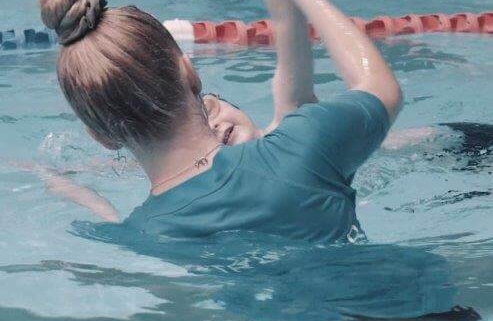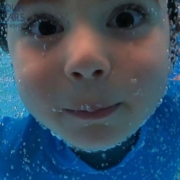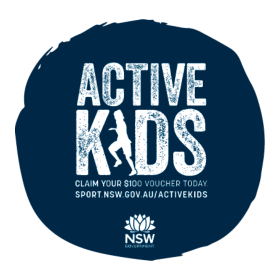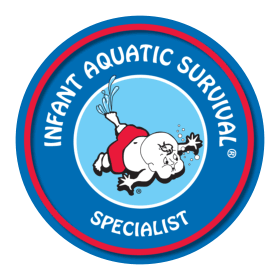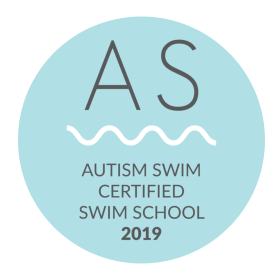Why Swimming Lessons are important
Swimming lessons are crucial for children for several reasons:
- Water Safety: Learning to swim reduces the risk of drowning, which is one of the leading causes of accidental death in children. Swimming lessons teach children water safety skills such as floating, treading water, and various swimming strokes, empowering them to handle themselves in water and potentially save themselves or others in emergencies.
- Confidence Building: Mastering swimming strokes and techniques boosts children’s confidence and self-esteem. Overcoming fears associated with water and acquiring new skills fosters a sense of accomplishment and self-assurance.
- Physical Fitness: Swimming is an excellent exercise that engages the entire body. It enhances cardiovascular health, strength, flexibility, and endurance. Regular swimming sessions help children maintain a healthy weight and develop lifelong fitness habits.
- Social Interaction: Swimming lessons allow children to interact with their peers and instructors in a fun and supportive environment. Group lessons encourage teamwork, communication, and cooperation, promoting the development of social skills.
- Lifesaving Skills: Besides swimming proficiency, lessons often include water safety education, such as recognizing dangerous currents, understanding signage, and knowing when and how to seek help. These skills are invaluable for staying safe in and around water throughout life.
- Recreational Enjoyment: Learning to swim opens up recreational opportunities, such as swimming with friends, playing water sports, and enjoying water-based activities like snorkelling or diving. Children who are confident swimmers are more likely to participate in aquatic recreation throughout their lives.
- Cognitive Development: Swimming requires coordination, rhythm, and concentration, all of which contribute to cognitive development in children. Learning different strokes and techniques also stimulates mental engagement and problem-solving skills.
Overall, swimming lessons teach children a life-saving skill and promote physical, social, and cognitive development, leading to healthier and more confident individuals.

